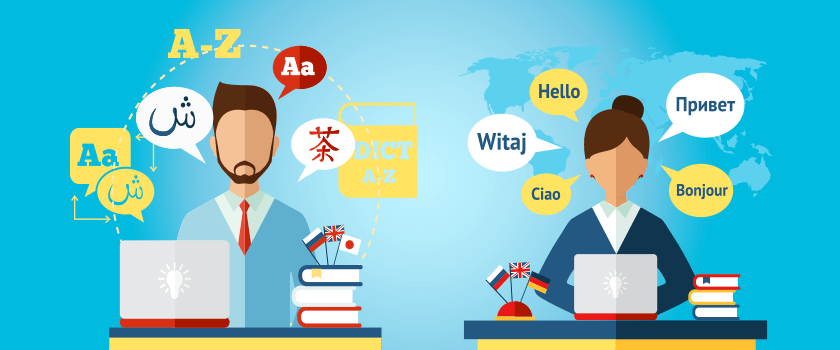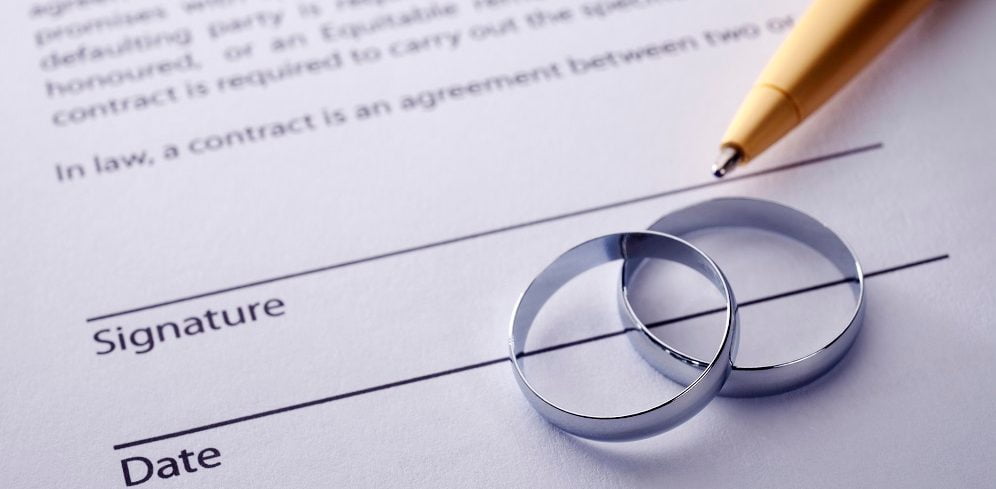Whether you’re a German native moving to the UAE or a German speaker currently residing in the region, there are high chances that you’ve already run into a mountain of paperwork. From dealing with residency permits to sorting out your healthcare needs, one could definitely use some help from an official German translation service to ensure that you’re documents are legally recognized.
This being said, one should also remember that not all translations are created equally, especially when the conversation is about legal, medical, and technical documents. This is primarily because such fields require more than just language proficiency; they demand (quite literally) precision, subject-matter expertise, and complete compliance with regulations set by UAE governance.
The UAE and even Dubai are a preferred choice of destination for German-speaking expats, tourists, entrepreneurs, and professionals. Hence, there is a demand for highly proficient German-to-Arabic translation across multiple sectors. While one might assume that English translated documents may work just as fine, sorry to burst your bubble, but most legal entities in the UAE require German-Arabic translation, particularly to be used in government institutions like courts.
The current guide will thus help you walk through the essentials of getting your German documents translated for the UAE, making the process as easy as a walk in the park!
Understanding the UAE Translation Requirements
Getting your German documents translated right is important if you are planning to move to Dubai or either doing business in the UAE. When it comes to official paperwork. The country has strict standards, and understanding the translation requirements can save you not just some money but time as well.
Official Language in the UAE – Arabic
Arabic is the official language of the UAE. This indicates that no matter the official document, from medical to technical or legal purposes, it has to be translated into Arabic in order to get approved by the legal authorities. English may be widely used in business and education, but only Arabic versions are recognized for legal and official use.
Step 1: Identification of Translation Type
1) Legal German Translation
Legal translations are typically the most sensitive and thus where mistakes can have serious consequences. Some examples of these legal documents may look like:
- Birth, Marriage, and Divorce Certificates
- Business Contracts and Agreements
- Power of Attorney Documents
- Court Judgements
- Visa or any other immigration-related paperwork
Legal translations must only be carried out by certified translators approved by the UAE Ministry of Justice, as such documents require exact wording with no room for personal interpretations, official stamps and signature, along with the translator’s declaration of accuracy.
2) Medical Document Translation
Shifting to the UAE often requires submission of official medical records, including but not limited to vaccination histories and test results. When being treated by a health practitioner in Dubai or any other emirate, translated medical records will definitely be the first thing they ask for to prevent any sort of miscommunication in diagnoses and treatment.
Conversion of medical health records isn’t just about changing words but rather preserving accuracy and clarity in critical health information. Therefore, opting for translators who are experienced in advanced medical terminology and are familiar with the UAE’s healthcare system is of utmost importance.
3) Technical and Academic Translation
Professionals working in technical sectors, for example IT, engineering, or education, require technical translations for their patents, resumes, manuals, and certifications of academic credentials. Not only must the translated documents be terminologically accurate, but also follow compliance with standards set by local companies. When applying for a university or a job in the region of the UAE, it is crucial that one chooses a translator who understands both the subject matter at hand along with nuances of the target language.
Step 2: Find the Right German Translation Service Provider
When it comes to official documents for application processes, unfortunately, one cannot cut corners like we always do! That’s why you need to choose a translation provider who offers subject-specific knowledge, familiarity with local standards, and data privacy, ensuring that all personal documents are treated with extreme confidentiality. Some reputable German translation services also offer end-to-end support, such as notarization, attestation, and legalization with the relevant embassy, saving both hassle and time.
Step 3: Cost and Timeline
The duration required for translation can vary from one document to another. For instance, a one-page legal document can be processed within 1-2 business days, but medical records or technical transcripts may require up to a week. Same is the case with costs, as charges may vary depending on page counts, urgency, language pair, and need for additional attestation or certification. You should expect a price tag of anywhere between AED 100 to 300 per page for standard German to Arabic translation in the UAE.
When and Where Translated Documents Are Required
German documents may need to be translated for a variety of situations, including:
- Government procedures: Visa applications, residency permits, Emirates ID registration, business setup, and property registration often require translated and attested documents.
- Healthcare: Medical records, prescriptions, and vaccination histories may need to be translated when seeking treatment or applying for health insurance in the UAE.
- Legal matters: Court proceedings, notarizations, and official declarations require fully translated and legally recognized documents.
- Business and employment: Contracts, degrees, certifications, and technical manuals must often be translated to comply with local labor laws or licensing authorities.
Importance of Certified or Legalized Translations
In most of the cases basic translation is not all that you need. The UAE typically requires translations to be certified, done by an authorized translator, and also legalized or attested by the legitimate authorities. This ensures that:
- The translator is officially recognized
- The document is legally valid in the UAE
- The translation is accurate and faithful to the original
Failing to provide certified translations can result in delays, rejections, or legal complications. It’s always best to check the specific requirements of the authority or institution you’re dealing with.
Helpful Tips Before You Begin!
- Use clear and legible originals instead of copies
- Do a double-check on who your target audience is going to be
- Plan in advance to avoid last-minute stress
- Prioritize quality over cost, as mistakes can lead to rejections


